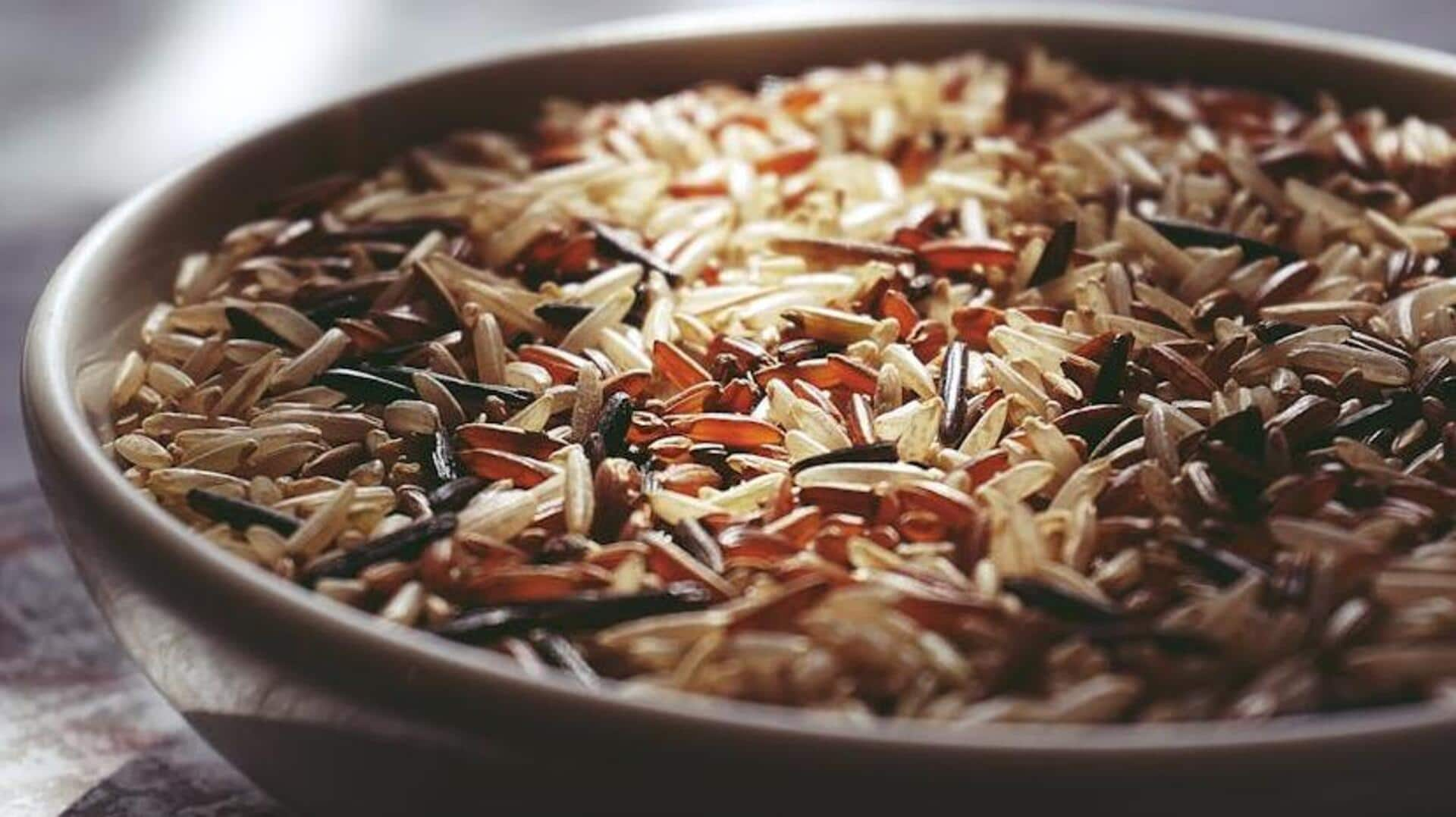
Why quinoa is the perfect protein for vegetarians
What's the story
Quinoa is a versatile grain that has become a favorite among vegetarians because of its high protein content.
Unlike most plant-based foods, quinoa has all nine essential amino acids, making it a complete protein source.
This makes it an excellent addition to vegetarian diets that often need to be planned carefully to ensure sufficient protein intake.
Here's how quinoa can elevate vegetarian meals and offer great nutritional benefits.
Nutrients
Nutritional profile of quinoa
Along with protein, quinoa is packed with other nutrients as well. It has a fair amount of fiber, magnesium, iron, and potassium.
One cup of cooked quinoa offers about eight grams of protein and five grams of fiber.
These nutrients ensure your health is taken care of by facilitating digestion and muscle function.
Quinoa is also gluten-free, making it appropriate for people with gluten sensitivities/celiac disease.
Preparation
Cooking with quinoa
Cooking quinoa is easy, just like cooking rice.
Rinse the grains well under cold water to wash out the bitterness of the natural coating called saponin.
Use a one-to-two ratio of quinoa and water/broth to cook.
Bring the mixture to a boil, then lower the heat and let it simmer for 15 minutes until the liquid is absorbed and the grains are tender.
Meal ideas
Incorporating quinoa into meals
Quinoa's mild flavor makes it adaptable in a variety of dishes.
You can use it as a base for salads by mixing with veggies like bell peppers, cucumbers or add it to soups for extra texture and nutrition.
For breakfast options, you can try using quinoa as an alternative to oatmeal by cooking it with almond milk and topping with fruits like berries or bananas.
Additional benefits
Health benefits beyond protein
Apart from being a complete protein source, quinoa provides various other health benefits owing to its antioxidant properties, which help combat inflammation in the body.
Its low glycemic index ensures better blood sugar control as it prevents spikes post-meal—a critical factor for those managing diabetes or insulin resistance conditions.